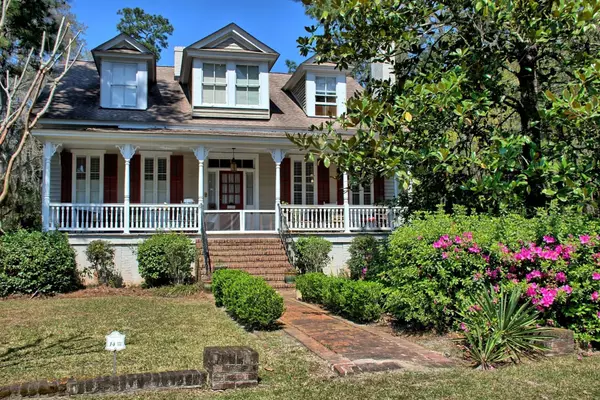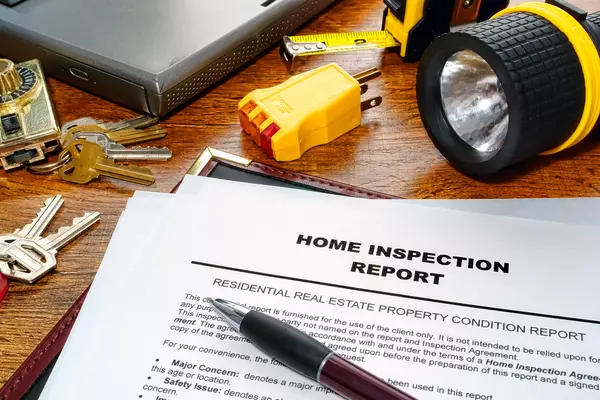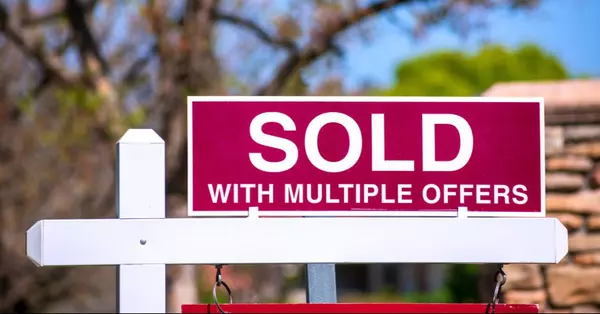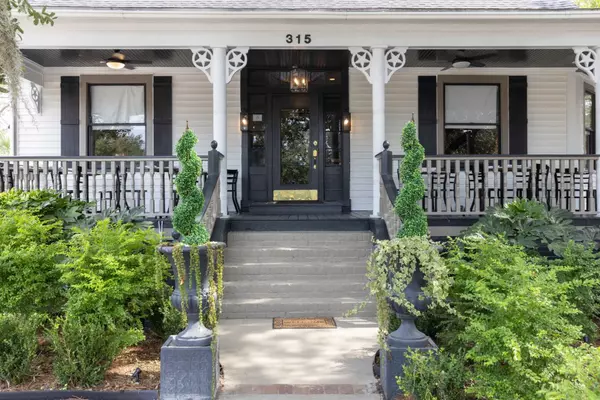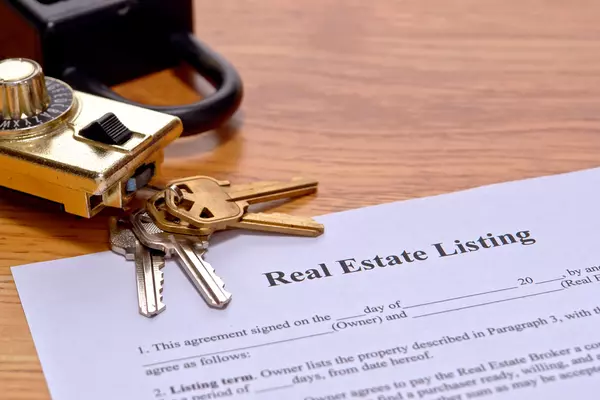Preparing to Negotiate
 Once you've identified the house you want to make a home, the next important step is getting it at the very best price with the very best terms. It's easy to oversimplify negotiations to just about price, but there are so many other things that come into play to get the best deal. A great contract can involve other seller concessions that must be negotiated. Here are some things to consider to help get to the best win-win deal possible.
Once you've identified the house you want to make a home, the next important step is getting it at the very best price with the very best terms. It's easy to oversimplify negotiations to just about price, but there are so many other things that come into play to get the best deal. A great contract can involve other seller concessions that must be negotiated. Here are some things to consider to help get to the best win-win deal possible.
Real estate market data
How can you be expected to make price offer decisions in a vacuum? I spend a great amount of time and effort in collecting market data to help my buyers in their price negotiations. This data involves not only sold property prices by neighborhood but also current listing pricing to determine the competitive nature of the market.
This data is very thorough, and it's called a Comparative (or Competitive) Market Analysis. There are two parts. First, the comparison of the property you're considering to similar properties recently sold in the nearby area. This gives you a firm grip on what has happened in the near past, but by nature, it is "past" data, thus possibly not accurate for the market as it is when you're in negotiations. Second, the CMA process on the currently listed properties most like the one under consideration and in the same neighborhood or nearby. This gives you a current market snapshot so that the offer can reflect the current market situation.
Prioritizing your needs and wants
It's imperative to have a list of the terms you need to be in the contract to be able to get to closing. A list of the terms you want is secondary and thus the most negotiable. These lists will be governed by your financial capabilities as well as your motivations. For the highest probability of success, it's best to consider and know these things when drawing up the initial offer.
Seller motivation research
While it's not always legally possible to determine why someone is selling, there are things we can glean from their listing and price activity that will allow us to negotiate from a position of strength. There are other ways to pick up on what might make an offer more acceptable to the seller, it's just a matter of looking for these things and comparing them to your list of needs and wants.
It's not over until closing
Many real estate price negotiations involve multiple counter offers and a lot of back-and-forths. In each counteroffer, you will need to adjust your negotiation strategy accordingly. Once you get to the ratified contract, don't think negotiations are necessarily over. Several common things that can take you back to the negotiating table would be an appraisal that comes in under contract price, repairs that need to be done to the home, or a termite inspection needing to be "cleared."
The thing to remember is that you'll get the best deal if you remain flexible and know there are many ways to reach an agreement. Some terms will be more important to you, and some terms will be more important to the seller. The most successful deals come when you work for the win-win with this in mind.
Categories
Recent Posts


